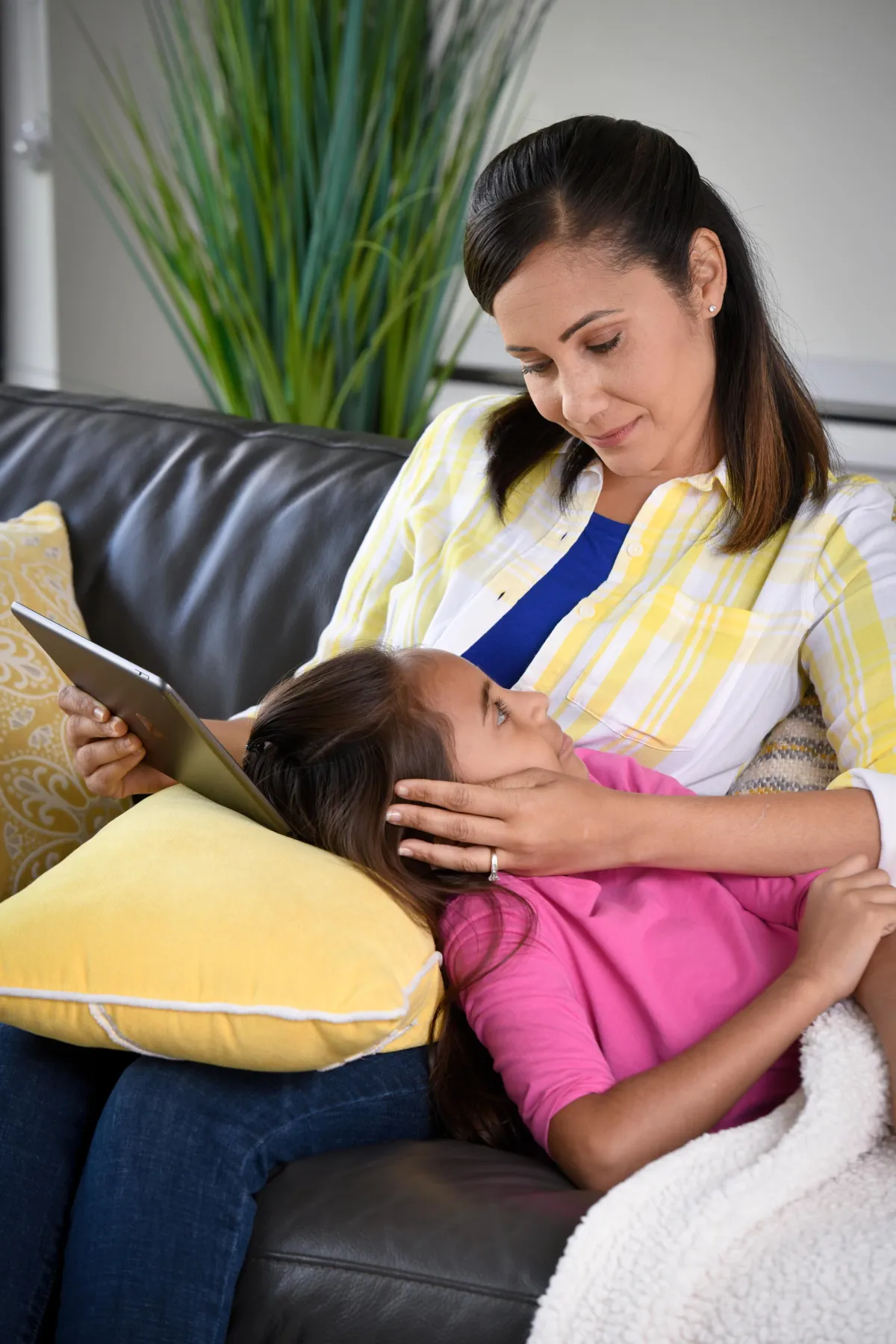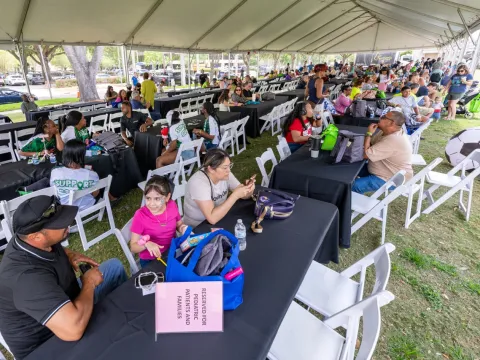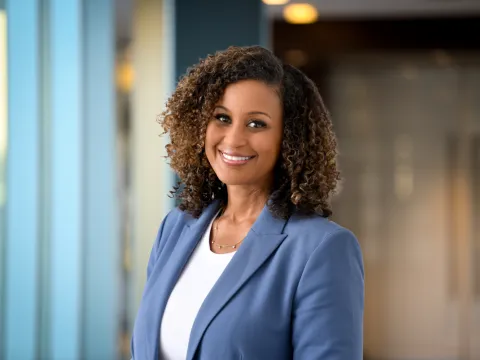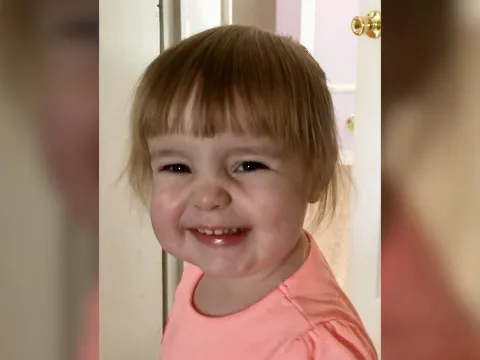- Matthew Gomez
Choose the health content that’s right for you, and get it delivered right in your inbox.
As news media talking heads and world leaders debate the likelihood of future wars, those discussions reveal a less visible battle – the ongoing struggle for mental health, particularly in children, when dealing with the prospect of war.
Michael Westerveld, Ph.D., clinical neuropsychologist at AdventHealth for Children, suggests approaching the conversation with honesty and age-appropriate care.
“There’s never a good time for a war or conflict, but this comes at a time of COVID fatigue and decreased emotional resilience,” Westerveld said. “Adults can communicate with friends and professionals to deal with stress, but children struggle a bit more.”
Westerveld said the added presence of social media complicates the discussion.
“A lot of children and adults are concerned that if war can happen there, maybe it can happen here,” he said. “Social media images make it seem very close and very scary for younger kids. Just let them know that the conflict in Ukraine is scary, but it’s also very far away. We have protection and we have people in our military to keep us safe and secure.”
He suggested limiting media and social media access to news stories that may cause anxiety in children, but cautioned that the topic should not be completely avoided.
“It’s always important to talk to children about world events,” Westerveld said. “Make sure you start by asking what they have already heard. You can find out if they have been given misinformation, and it will also give you a better idea of how they feel about it.”

Adults should be clear about their own feelings in this situation. Westerveld advised open conversations and honest discussions with parents and loved ones to help the children feel safe and informed:
- Be honest and open. Children are bright and they don’t want you to talk down to them about important topics.
- Be factual. War is a difficult topic for discussion. Decide how you wish to approach it with your family members, but don’t force the issue.
- Emphasize safety and security throughout the discussion.
Dr. Tina Gurnani, pediatric and adolescent psychiatrist with AdventHealth for Children, suggested sharing learning opportunities with children.
“Watch the news stories and updates with your children to ensure you are there to help answer questions and provide comfort,” Gurnani said. “It’s also OK to let your children know that you may not have all the answers, but you are there to keep them safe and secure.”
Trying to find positives among the negatives of war may also be helpful, she said, such as illuminating the positive actions and attributes of world leaders, families living in the war zones, and people fighting on the ground. Wars are filled with moments of heroism and surprising valor, and those stories can resonate with people of all ages.
“Children sometimes feel like they are helpless, so it’s important to empower them,” Westerveld said. “Give them things to do – make a card for a soldier or something more concrete or tangible. Say prayers together for families in Ukraine, and help them feel a little more in control themselves.”
Recent News

Local leaders, officials, and construction workers gathered today to commemorate a major milestone in the expansion underway at AdventHealth Daytona Beach: placing the final steel beam.

AdventHealth is excited to introduce Eugenio L. Menendez, DO, FACP, to our community of care. He is joining the team at AdventHealth Medical Group Family Medicine at Hendersonville* following the...

AdventHealth Heart of Florida and AdventHealth Polk Foundation leaders are delighted to unveil a new courtesy visitor shuttle meant to enhance accessibility and comfort for patients.

Dr. Jeffrey Keen, a board-certified orthopedic surgeon specializing in adult reconstruction, orthopedic surgery, robotic-assisted surgery, and sports medicine, has returned to AdventHealth Medical...

In recognition of National Donate Life Month, nearly 300 transplant patients and their families enjoyed AdventHealth’s 2025 transplant reunion.

By managing ASCs as distinct entities with tailored operations, financial structures, and physician partnerships, the East Florida Division is fostering collaboration, efficiency, and growth.

According to the National Kidney Foundation, more than 101,000 people are currently on the organ transplant list in need of a new kidney. However, only about 17,000 transplants happen each year —...

AdventHealth is excited to welcome Shalom Littrell, LCSWA, to its team at AdventHealth Medical Group Psychiatry at Medical Office Building*. Littrell is a Licensed Clinical Social Work Associate and...

The AdventHealth Heathbrook ER will have 12 exam rooms, including a resuscitation room, a bariatric room, an isolation room, obstetrics-friendly room and pediatric-friendly rooms.

Ming Wu, MD -- a family medicine doctor with AdventHealth Littleton -- talks about the ways to lessen the impact of seasonal allergies this spring.

The East Florida Division is forming strong partnerships with independent physicians, driving mutual success and improving hospital throughput.

In life, Sophie Davis touched dozens of hearts. In passing, one of her organs could possibly save thousands of lives.
